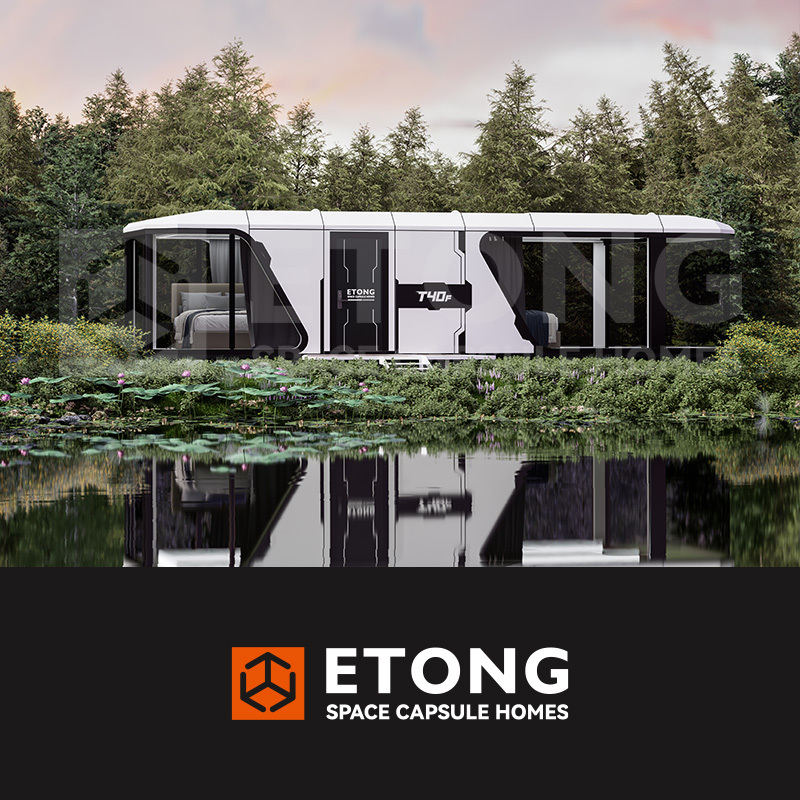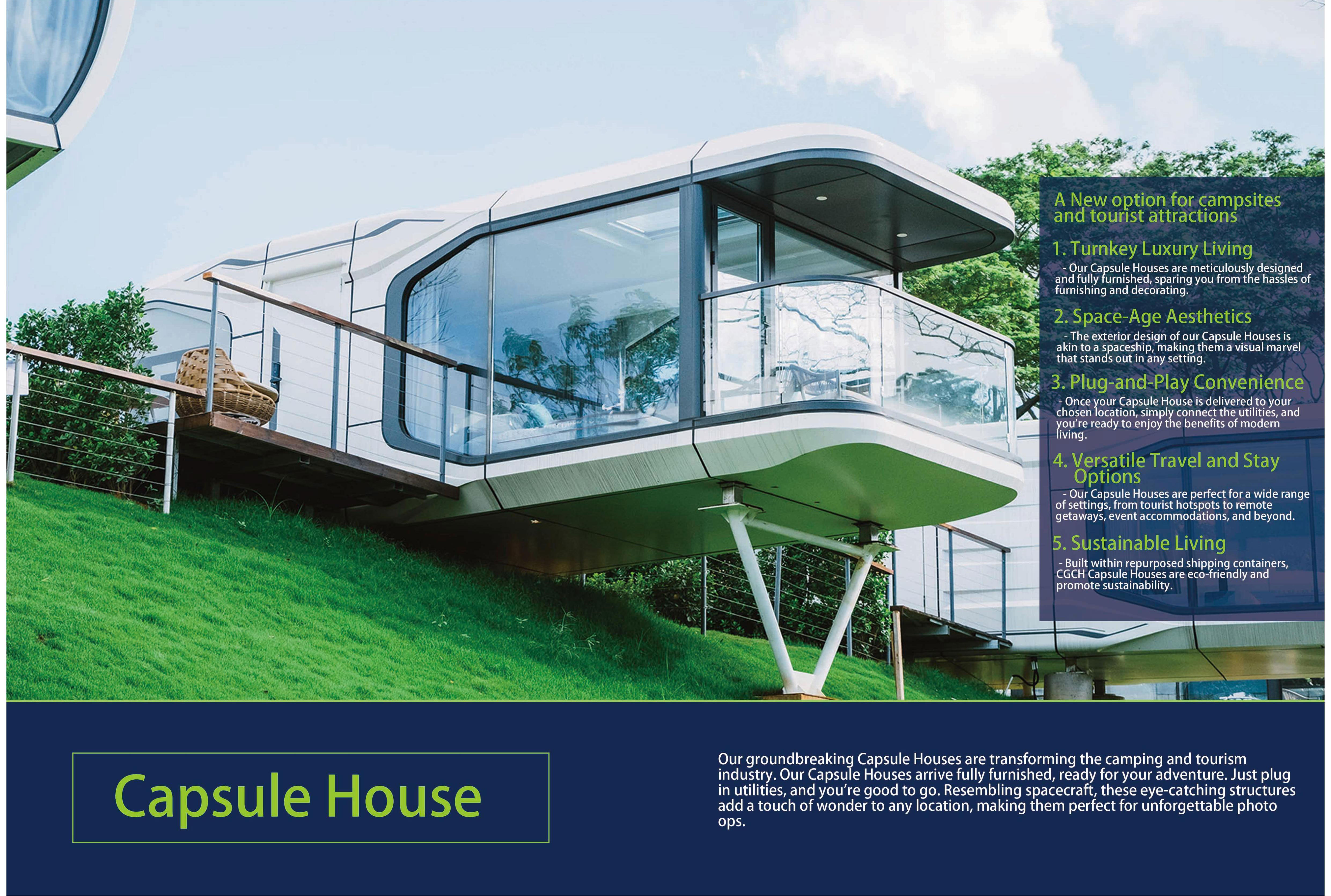Economical Living Redefined: The Charm of Modular Houses
The landscape of cost effective real estate is going through a substantial transformation, with modular homes becoming a compelling option. These structures, crafted in controlled environments, offer a blend of efficiency and customization that conventional structure approaches often can not match. As the need for lasting living alternatives grows, the advantages of modular building and construction ended up being increasingly apparent. From decreased waste to shortened timelines, these homes are redefining the idea of cost-efficient living. Yet, what does this mean for the future of homeownership and area development?
What Are Modular Houses?

The modular construction procedure includes constructing individual components in a controlled setting, enabling enhanced top quality control and effectiveness. Once the components are finished, they are moved to the structure website, where they are set up into a natural framework. This method significantly minimizes the time required for building and construction compared to standard structure methods.
Modular homes can be found in numerous designs, dimensions, and layouts, fitting diverse preferences and requirements. While they might be viewed as simplified, numerous modular styles include innovative contemporary features and building elements. In addition, modular homes are adaptable, making it possible for customization to fit private preferences and functional demands. Consequently, they stand for a flexible housing solution that combines cutting-edge layout with sensible construction methods, appealing to a variety of property owners seeking quality and cost in domestic living.
Key Advantages of Modular Living
Welcoming modular living supplies many advantages that appeal to modern home owners. Modular homes are normally much less costly to build than typical homes due to structured building and construction processes and bulk investing in of products.
Furthermore, the building timeline for modular homes is especially shorter. Constructed in a manufacturing facility setting and then moved to the site, modular homes can often be finished in a portion of the time contrasted to traditional structure techniques. This efficiency decreases delays brought on by climate and various other site-related problems.
Sustainability is another key benefit. capsule houses. Modular homes are commonly created with environment-friendly materials and methods, reducing waste during the structure procedure. Their energy-efficient styles additionally add to lower utility bills in time
In addition, modular homes keep high-grade criteria as a result of rigorous factory evaluations. This uniformity makes sure that homeowners obtain a reliable and sturdy item.
Design Flexibility and Customization
One of the standout functions of modular homes is their extraordinary design versatility and modification choices. Unlike standard building techniques, modular homes are constructed in sections, permitting a selection of layouts and designs to fit individual preferences and needs. Home owners can pick from a vast array of layout, interior surfaces, and exterior styles, enabling them to create a space that shows their personal taste and way of life.
The personalization process is streamlined, as several modular home manufacturers offer pre-designed modules that can be changed. This includes changes in room sizes, the addition of functions such as patios or garages, and choices in fixtures, materials, and colors. Such adaptability not only improves visual appeals however additionally guarantees that the home is functional for the passengers.
Moreover, the modular building process enables quicker modifications throughout the structure phase, more fitting any type of last-minute modifications. This adaptability makes modular homes an enticing option for those looking for a special living environment without the prolonged timelines connected with conventional homebuilding. Ultimately, the layout adaptability and modification available in modular homes encourage property owners to create a space that truly seems like home.
Sustainability in Modular Construction
The building and construction market is increasingly identifying the importance of sustainability, and modular homes play a substantial function in this activity. One of the key advantages of modular construction is its reduced environmental influence throughout the building procedure. Unlike standard building and construction techniques, which frequently produce considerable waste, modular homes are constructed in regulated manufacturing facility settings, causing a lot more efficient use of materials and decreasing excess.
Furthermore, modular homes can be created with sustainability in mind, including energy-efficient systems, lasting products, and cutting-edge technologies. Functions such as solar panels, premium insulation, and energy-efficient windows can significantly lower a home's carbon impact, adding to a more lasting living atmosphere.

As see post the need for eco-friendly real estate find this remedies expands, modular homes stand out as a sensible alternative, successfully merging affordability with lasting structure methods. capsule houses. This approach not only addresses real estate requirements but likewise champions a commitment to protecting the world for future generations
Economical Homeownership Solutions

Among the key advantages of modular homes is their personalized nature. Purchasers can select from a variety of layouts and layout customized to their particular demands, making sure that their new home is both functional and aesthetically pleasing. In addition, the controlled construction setting reduces waste and boosts power efficiency, causing reduced utility costs gradually.
Funding alternatives for modular homes are additionally ending up being progressively easily accessible, with many lending institutions identifying them as practical properties. This assists in homeownership for people and family members who might have been formerly valued out of the market. On the whole, modular homes represent a forward-thinking service in the pursuit for budget friendly living, combining contemporary published here design, sustainability, and cost-effectiveness in today's real estate landscape.
Conclusion
In summary, modular homes stand for a transformative approach to affordable living, blending price efficiency with premium building. Their intrinsic style versatility enables customized spaces that satisfy different visual preferences. The sustainable methods used in modular building add to ecological preservation while addressing the pushing need for budget-friendly real estate services. As the real estate market remains to evolve, modular homes attract attention as an engaging alternative for those seeking green and elegant living environments.
Modular homes are normally less expensive to build than conventional homes due to streamlined building processes and bulk getting of products. Unlike typical building and construction approaches, modular homes are built in areas, enabling for a range of formats and designs to fit private choices and demands. Inevitably, the design flexibility and customization readily available in modular homes encourage property owners to create an area that truly really feels like home.
Unlike standard building approaches, which usually produce substantial waste, modular homes are constructed in controlled factory settings, resulting in a lot more efficient usage of materials and minimizing excess.
In summary, modular homes represent a transformative approach to affordable living, mixing expense performance with premium building and construction.